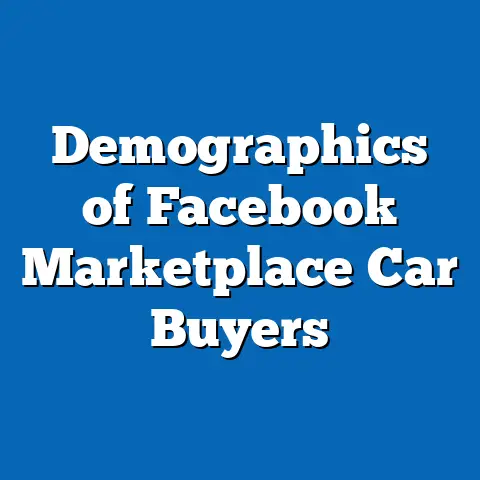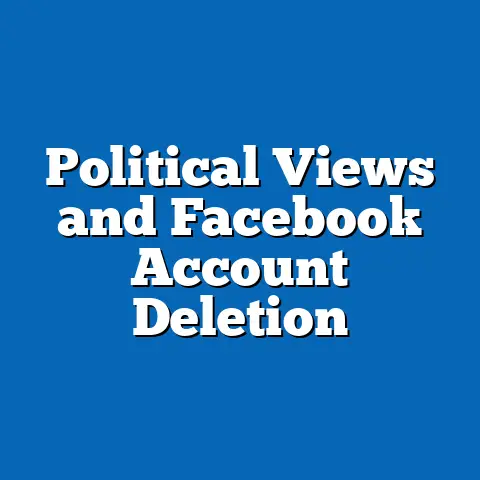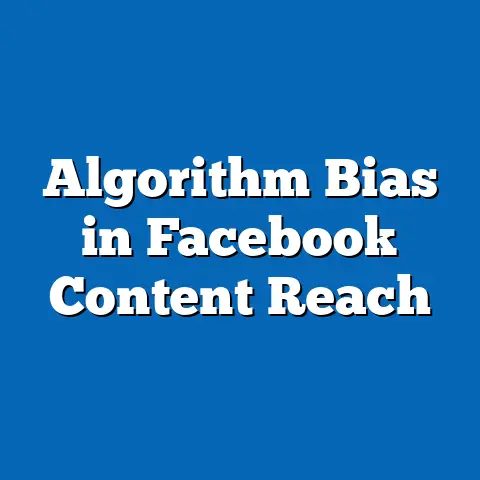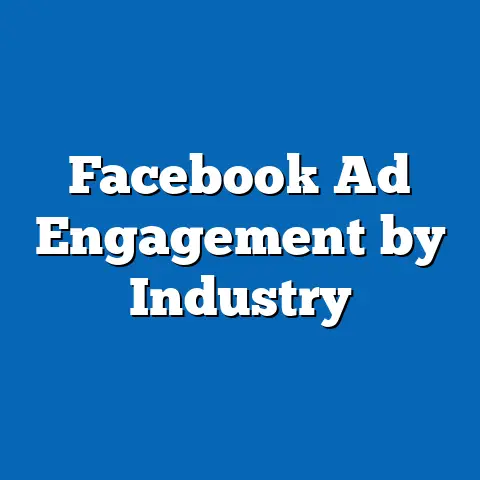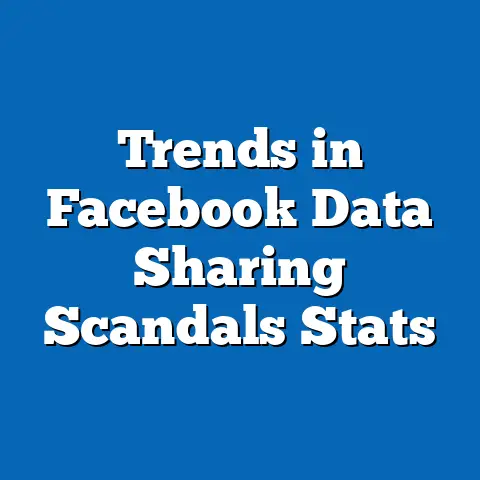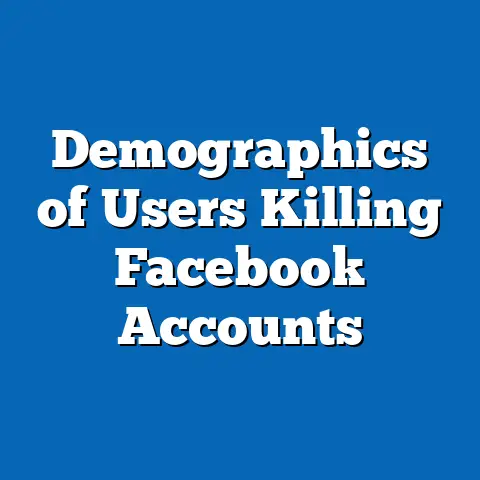Facebook Data Sharing: Ad Revenue Correlation
Facebook Data Sharing: Ad Revenue Correlation – A Generational Perspective
Remember when scrolling through your Facebook feed felt like flipping through a high school yearbook, filled with candid photos and status updates from friends? Those early days of social connection, starting in the mid-2000s, promised a digital space for sharing life’s milestones, but they also laid the groundwork for a vast ecosystem of data exchange that now powers one of the world’s most lucrative advertising machines.
As we delve into the correlation between Facebook data sharing and ad revenue, it’s essential to examine how different generations interact with this platform, shaped by their unique characteristics, historical contexts, and societal influences.
This article analyzes the intricate relationship between user data practices and Meta Platforms’ (formerly Facebook) financial success, while exploring generational dynamics through the lenses of technology adoption, privacy attitudes, and cultural shifts.
Generational studies reveal that behaviors on platforms like Facebook are not uniform; they vary based on when individuals were born and the events that defined their formative years.
For instance, Millennials (born 1981-1996) are often characterized as digital pioneers who embraced social media as a tool for connectivity and self-expression, while Generation Z (born 1997-2012) approaches it with greater skepticism due to heightened awareness of data risks.
By drawing on quantitative data from sources like Pew Research Center and Meta’s financial reports, as well as qualitative insights from experts such as Shoshana Zuboff in her work on surveillance capitalism, this analysis highlights the economic, social, and cultural factors at play.
Defining Generations and Their Key Characteristics
To understand the correlation between Facebook data sharing and ad revenue, we must first define the generations most engaged with the platform and their defining traits.
Generations are broadly categorized based on birth years, with shared experiences shaping their values, behaviors, and interactions with technology.
For example, Baby Boomers (born 1946-1964) and Generation X (born 1965-1980) often view social media as a supplementary tool, influenced by pre-digital eras, whereas Millennials and Gen Z are immersed in it as natives.
Millennials, shaped by events like the dot-com boom and the 9/11 attacks, are typically described as optimistic innovators who prioritize connectivity and personal branding.
This generation’s comfort with online sharing stems from growing up during the rapid expansion of the internet, leading to higher rates of data disclosure on platforms like Facebook.
In contrast, Gen Z, coming of age amid the Great Recession and the rise of smartphones, exhibits more cautious behaviors, with a focus on authenticity and privacy due to experiences like the Snowden revelations.
Quantitative data from a 2021 Pew Research survey indicates that 71% of Millennials use Facebook daily, compared to 58% of Gen Z, reflecting differences in platform loyalty.
Qualitative studies, such as those by the Oxford Internet Institute, suggest that these variations arise from economic factors like job market instability for Millennials, which encouraged professional networking via shared data, versus Gen Z’s exposure to social media’s darker sides, fostering selective sharing.
However, it’s crucial to acknowledge the diversity within these groups; not all Millennials are tech-savvy extroverts, and Gen Z includes individuals from varying socioeconomic backgrounds who may not engage with Facebook at all.
Historically, the launch of Facebook in 2004 by Mark Zuckerberg at Harvard University marked a pivotal shift, transforming social networking from niche forums to a global phenomenon.
This era coincided with Millennials entering adulthood, making them early adopters who shared personal information freely to build social capital.
For Gen Z, the platform’s evolution during their youth—amid events like the Arab Spring in 2010-2011, where Facebook facilitated activism—added layers of complexity, blending empowerment with surveillance risks.
In comparing generations, we avoid stereotypes by emphasizing nuances: while Millennials might correlate data sharing with career opportunities, Gen Z often weighs it against mental health concerns, as evidenced by a 2022 American Psychological Association study linking excessive sharing to anxiety.
Economic factors, such as the 2008 financial crisis, pushed Millennials toward platforms for job seeking, indirectly boosting ad revenue through targeted job ads.
Cultural influences, like the rise of influencer culture, have led Gen Z to engage more selectively, potentially reducing data volume but increasing its value for niche advertising.
Key events shaped this trajectory, including Facebook’s 2012 initial public offering (IPO), which valued the company at over $100 billion and hinged on its ad revenue model.
The platform’s algorithm, refined through user data, enabled personalized ads, correlating shared data directly with revenue growth; by 2023, Meta reported $116 billion in annual revenue, with 97% from advertising.
The 2018 Cambridge Analytica scandal, however, exposed the risks, revealing how data from 87 million users was misused for political targeting, eroding trust, especially among Gen Z.
From a generational standpoint, Baby Boomers and Gen X entered Facebook later, often for family connections, influenced by events like the 2008 economic downturn that highlighted digital tools for social support.
Millennials, however, drove the platform’s explosive growth, sharing data during their peak earning years, which correlated with ad revenue spikes as businesses targeted this demographic for consumer goods.
Gen Z, witnessing these scandals in real-time, has adopted more protective behaviors, with a 2020 Statista survey showing that 59% of Gen Z users limit data sharing compared to 41% of Millennials.
Technological factors, such as the introduction of the Facebook News Feed in 2006 and the Like button in 2009, encouraged constant interaction, turning passive users into active data generators.
Economically, this fed into a surveillance capitalism model, as described by Shoshana Zuboff, where user data becomes a commodity for ad personalization.
Socially, the Arab Spring and Occupy Wall Street movements in the early 2010s demonstrated Facebook’s role in mobilization, but also raised ethical questions about data exploitation.
Cultural shifts further influenced these dynamics; for instance, the rise of selfies and viral challenges appealed to Millennials’ expressive nature, boosting data sharing and ad engagement.
In contrast, Gen Z’s exposure to climate change activism and social justice movements has fostered a more critical view, leading to behaviors like using ad blockers or opting for privacy settings.
This generational contrast underscores the need to view data sharing not as monolithic but as shaped by diverse historical contexts, with implications for economic equity and digital rights.
The Correlation Between Data Sharing and Ad Revenue
At the core of this analysis is the direct correlation between Facebook users’ data sharing practices and the platform’s ad revenue, a relationship that varies significantly across generations.
Meta’s business model relies on collecting vast amounts of user data—such as demographics, interests, and behaviors—to create targeted advertisements, with revenue growing from $3.7 billion in 2011 to $116 billion in 2023.
Quantitative data from Meta’s transparency reports shows that personalized ads, fueled by shared data, account for 80-90% of its income, demonstrating a clear economic link.
For Millennials, who constitute a large portion of active users, data sharing often correlates with higher ad revenue due to their willingness to disclose information for social and professional gains.
A 2022 study by eMarketer found that Millennials engage with 2.5 times more ads than other generations, partly because their data-rich profiles allow for precise targeting, such as ads for travel or career services.
In contrast, Gen Z users, while active, share less personal data, with a Nielsen report indicating that only 38% of Gen Z fully complete their profiles, compared to 62% of Millennials, potentially capping revenue from this group but increasing its efficiency through selective targeting.
Economic factors amplify this correlation; during economic downturns like the COVID-19 pandemic, increased online activity led to a 22% surge in Meta’s ad revenue in 2020, driven by data from users seeking connections.
Socially, the platform’s algorithms reward frequent sharing with greater visibility, creating a feedback loop that encourages more data disclosure.
Cultural influences, such as the gamification of likes and shares, have made data sharing habitual for Millennials, who grew up with it as a norm, whereas Gen Z’s awareness of data commodification—fueled by events like the EU’s General Data Protection Regulation (GDPR) in 2018—has led to more restrained behaviors.
Expert perspectives, such as those from digital economist Scott Galloway, highlight that this correlation isn’t just about volume but quality of data; generational differences in sharing patterns affect ad effectiveness.
For instance, Baby Boomers and Gen X might share less frequently but provide valuable data for sectors like healthcare ads, contributing to revenue diversity.
Acknowledging nuances, not all within a generation follow these trends; socioeconomic factors, such as access to education, influence data literacy and sharing decisions.
Societal Implications of Data Sharing and Ad Revenue
The correlation between Facebook data sharing and ad revenue has far-reaching societal implications, particularly when viewed through generational lenses.
For Millennials, the benefits of targeted ads—such as personalized job opportunities—must be weighed against risks like data breaches, which have eroded trust and contributed to mental health issues.
Gen Z, more attuned to these dangers, advocates for digital rights, influencing broader cultural shifts toward privacy.
Economically, this dynamic exacerbates inequalities; targeted ads can reinforce echo chambers, as noted in a 2021 MIT study, where users receive ads based on shared data, potentially limiting exposure to diverse opportunities.
Socially, the platform’s role in events like the 2021 U.S. Capitol riot, amplified by data-driven algorithms, highlights how ad revenue priorities can undermine democratic processes.
Generational differences are evident: Millennials, shaped by pre-scandal optimism, may tolerate more data sharing for convenience, while Gen Z pushes for reforms, as seen in movements like #DeleteFacebook.
In the workplace, data sharing influences hiring and professional networking, with Millennials leveraging it for career advancement, correlating with ad revenue from business services.
However, this raises ethical concerns, such as discrimination based on inferred data, affecting Gen Z’s entry into the job market.
Cultural factors, including the normalization of surveillance, have led to a generational divide in privacy attitudes, with a 2023 Gallup poll showing 65% of Gen Z prioritizing data protection over personalized experiences.
Acknowledging diversity, not all individuals within generations experience these implications equally; factors like race, gender, and geography play roles, as explored in qualitative research by the Data & Society Research Institute.
Forward-looking, regulatory efforts like the U.S. DATA Act could mitigate risks, but uncertainties remain.
Overall, these implications underscore the need for balanced policies that address generational nuances in a digital age.
Conclusion: Forward-Looking Insights and Uncertainties
As we reflect on the correlation between Facebook data sharing and ad revenue, it’s clear that generational dynamics will continue to shape this landscape.
Millennials’ established habits may sustain current revenue models, while Gen Z’s cautious approach could drive innovations in privacy-focused advertising.
Emerging technologies, such as the metaverse, promise new data-sharing paradigms, potentially bridging generational gaps.
However, uncertainties abound, including regulatory changes and evolving tech trends that could disrupt these correlations.
Society must prioritize ethical frameworks to ensure equitable benefits across generations.
In navigating this future, understanding generational diversity will be key to fostering a more inclusive digital world.

